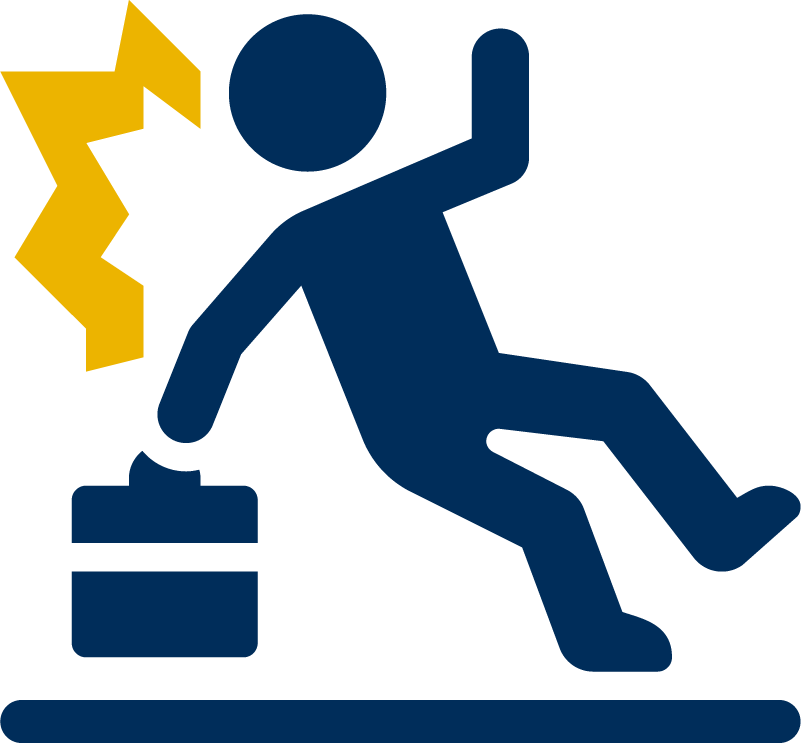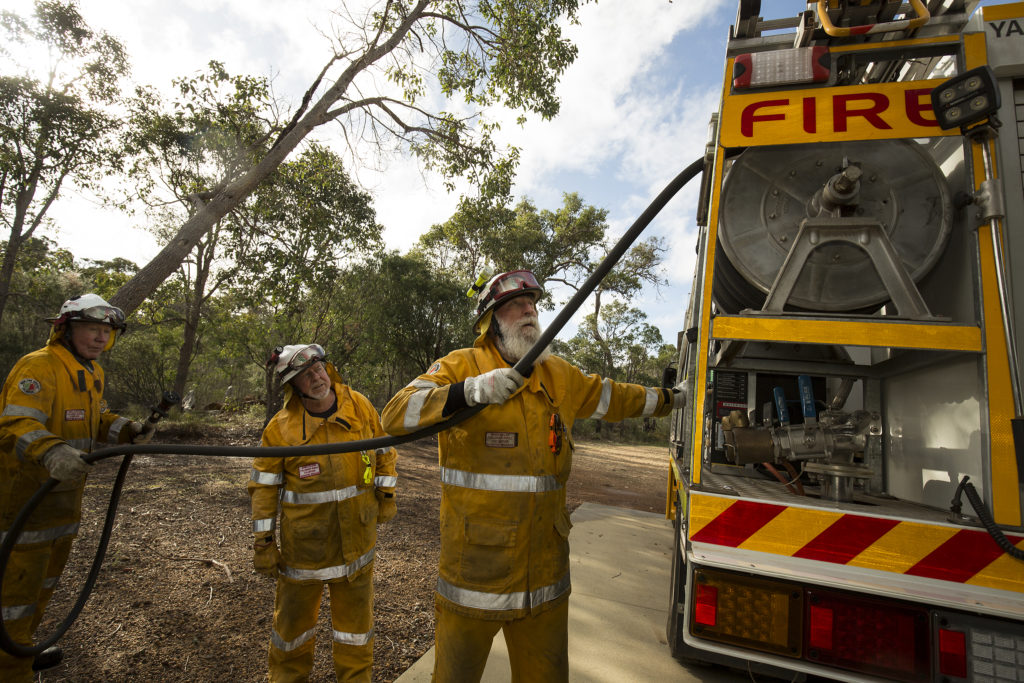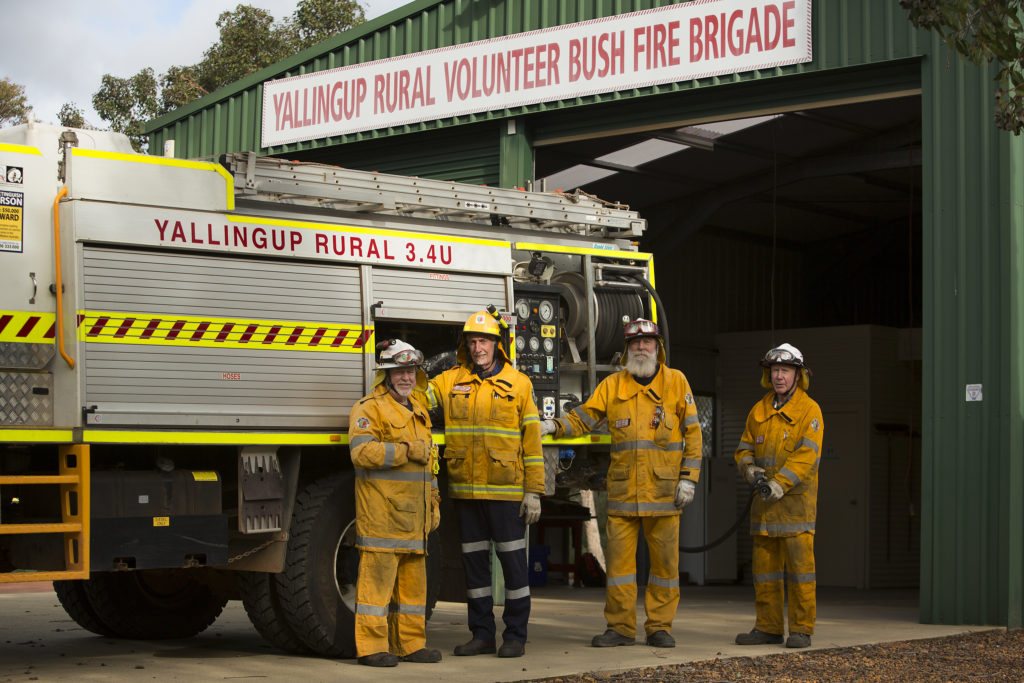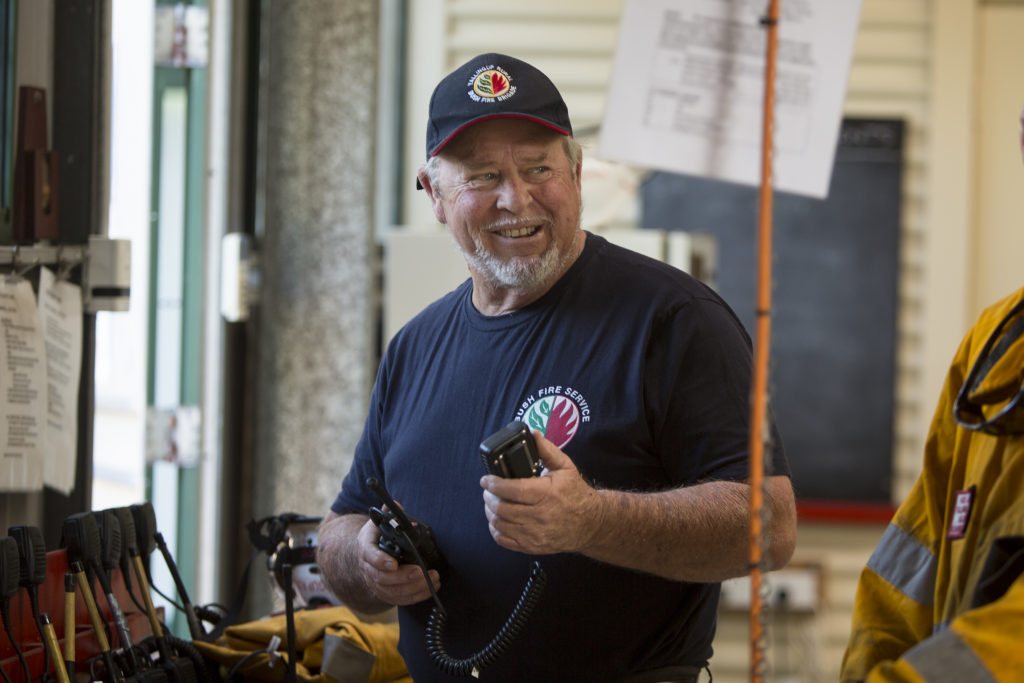Risk matters, safer WA communities
Local Government Risk Forum | Tuesday 6 September 2022
Exploring emerging and current risks for WA local governments

People Risk Manager, LGIS
Emma is the People Risk Manager for the LGIS Scheme, setting the direction of the program in response to member, sector, and industry trends. Emma manages a team of consultants focusing on people risk, including workplace health and safety, emergency management, and human resources. Emma’s extensive industry experience and knowledge covers the development and implementation of people risk initiatives aimed at improving behaviours and reducing workplace injuries.

Manager Member Services
Andrew manages the LGIS Member Service team, a group of dedicated account managers and account executives who are member’s first point of contact for all things ‘LGIS’. Andrew has over 15 years’ experience in the insurance and protection industry extending to managing a portfolio of both metro and regional Western Australian local governments, not-for-profit organisations, educational institutes and aged care facilities. He has a thorough understanding of commercial insurance and risk management principles, enabling the provision of advice for a broad range of business activities.

Volunteers play an important role in many local governments in delivering valued services to the community whether it’s books on wheels, revegetation work, community transport or the bush fire brigade. Local governments owe a duty of care to these volunteers and they are now formally included in work, health and safety laws.
Under the WHS Act a volunteer is a person who works for an organisation without payment or financial reward (but they may receive out of pocket expenses). The law also recognises volunteers as workers. This means that the Person Conducting a Business or Undertaking (PCBU) must provide the same protections to its volunteers as it does to its paid workers.

Local Government Risk Forum | Tuesday 6 September 2022
Exploring emerging and current risks for WA local governments
Long COVID refers to cases where the patient recovers from the acute COVID-19 infection effects but goes on to have longer term symptoms.
The new Work, Health and Safety Act WA (2020) (WHS) changed the definition of a worker to now include volunteers. LGIS members have been seeking clarity on how they can meet their obligations, and what types of protections are included with LGIS membership.
WHS laws cover a range of activities when considering ‘what is work’, these include activities:
The local government is considered a PCBU and as such has obligations to all workers, including volunteers, under the WHS act. These obligations can be broadly grouped into three areas:
But what does this mean in practice? Let’s look at an example such as a group of volunteers assisting with revegetation of a local wetland. The project is managed and coordinated by the local government.
In this situation there are a number of hazards that need to be considered in regard to volunteers working in a natural area. As the PCBU it is the responsibility of the local government to identify and assess the hazards, and provide volunteers with information on these hazards and how they can take steps to mitigate the risks. This includes providing appropriate training.
The local government should inform volunteers about general or site-specific hazards which may include the following: subsidence, vegetation, wildlife (snakes, bees, spiders), working alone, uneven surfaces and escarpments.
It’s important that hazards are discussed with volunteers to ensure they understand the hazards and the controls to mitigate them.
Document potential hazards, controls and responsibility. This is an important record for the local government and should also be provided.
Put a process in place to make sure that volunteers understand the hazards. This would typically include registration, induction, training, provision of personal protective equipment and work procedures.
Volunteers also have personal health and safety responsibility. They have a duty to:
A key term here is ‘reasonable’. Essentially what is reasonable care and what is expected of workers is what a reasonable person would do in the circumstances having regards to things like their knowledge, role, skills, resources, and information.
The West Australian Volunteers and Food and Other Donors (Protection from Liability) Act 2002 protects certain volunteers from incurring civil liability when doing community work on a voluntary basis. It also provides that community organisations that organise community work to be done by volunteers may incur the civil liability from which the volunteers are protected when doing that work;
The Act defines a community organisation as:
(a) State agency or instrumentality or a department of the public service; or
(b) an incorporated association under the Associations Incorporation Act 2015, a local government or other body corporate,
that organises the doing of community work by volunteers.
Where there are organisations that do not meet this definition, the volunteers are not protected by the legislation and may be personally liable for their actions.

Considering the Act and definition of a community organisation it’s in the interests of both types of groups to maintain public liability insurance to cover the liability of the group, and their volunteers if not incorporated.
Public Liability insurance covers the insured for their legal liability to compensate a third party arising from the negligent act or omission of the insured that causes personal injury or property damage.

LGIS members need to be aware that the LGIS Liability Protection cannot extend to cover the liability of other parties including these groups.
The only protection the local government can offer nonincorporated groups is to take over the governance, management, recruitment and organisation of these groups. In effect the local government becomes the community organisation that organises the work done by volunteers. If this occurs then the local government will be liable for the actions of those volunteers, and the LGIS Liability Protection may respond.
This approach increases the local governments risk exposure. You may incur liabilities due to the actions of volunteers that you are not protected for. In addition, there would be work, health and safety responsibilities to consider.
Personal accident insurance is not a prescribed cover required under legislation. However, it is seen as best practice for a community group to provide this for their volunteers if they are accidentally injured.
The key benefits of a personal accident policy are to provide:
It should be noted that LGIS Personal Accident protection only covers volunteers that the local government is responsible for as per the above.

If you have any queries on volunteers or the protections available to them, please contact your LGIS account manager.
Each month we take your questions to one of our LGIS team members to answer.
If you want to submit a question for next issue, email us at [email protected]

A demanding role. What does it take to be a bushfire volunteer? The LGIS injury prevention team have done the most exhaustive assessment yet of the demands of a volunteer bushfire fighter role.

LGIS members across the state, particularly in the south and Wheatbelt, faced fires which destroyed property and razed the land. Changing environmental conditions will continue to pose significant challenges.

Bushfire volunteers provide a vital service to our communities, and the work they undertake is often in very high-risk environments.
LGIS is the unifying name for the dedicated suite of risk financing and management services for WA local governments, established by the WA Local Government Association in conjunction with JLT Public Sector (part of the Marsh group of companies). LGIS is managed by JLT Public Sector (ABN 69 009 098 864 AFS Licence 226827).
Risk Matters, via this website, is designed to keep members, their staff and elected members informed on topical risk management and insurance issues and LGIS programs and services.